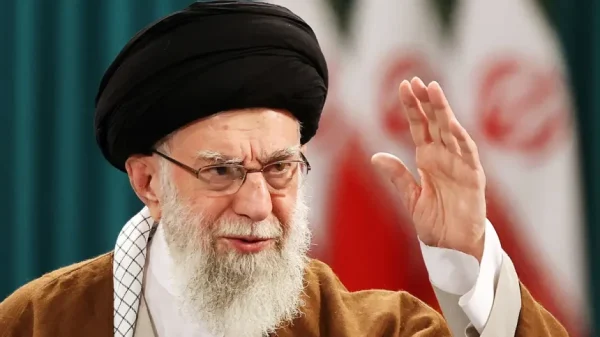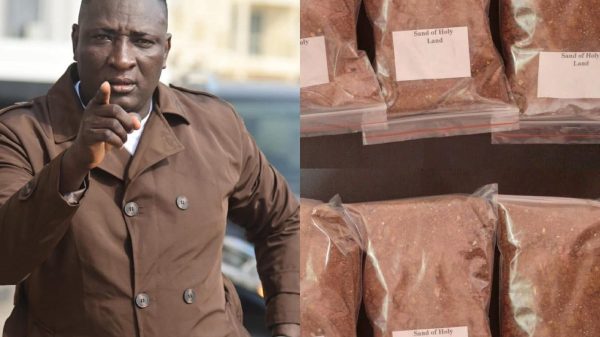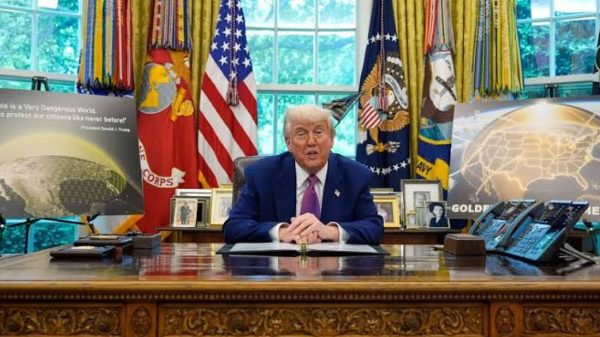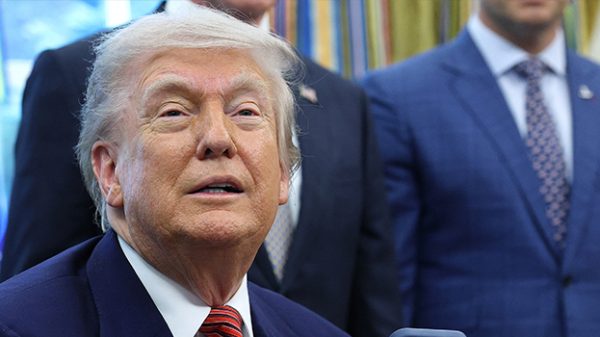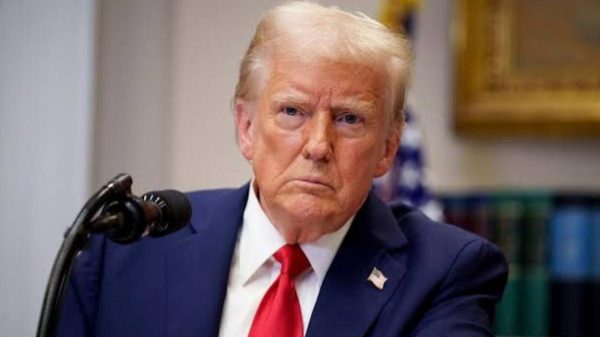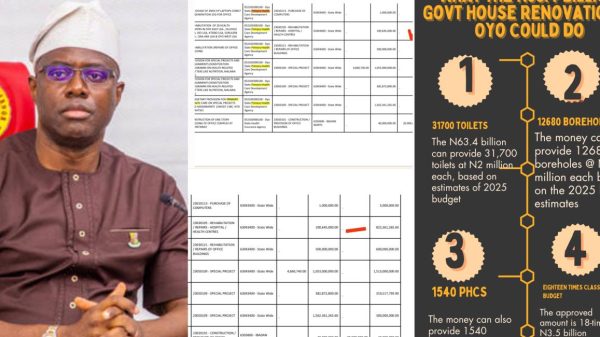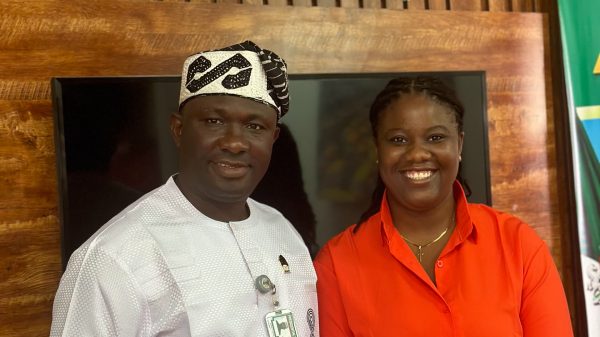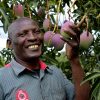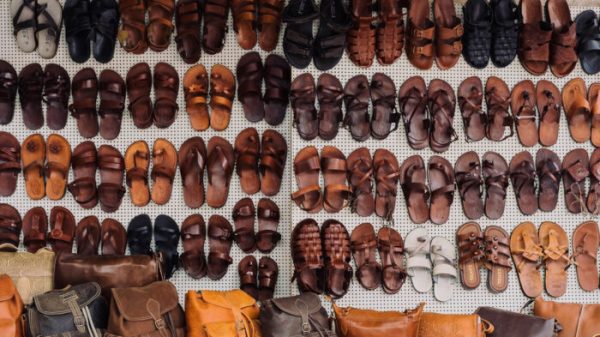A new report by Transform Trade, released on International Seeds Day, reveals that UK trade deals are restricting farmers’ access to essential seeds, jeopardizing their livelihoods and global food security. The report highlights how UK trade agreements with 68 countries encourage or enforce strict seed privatization laws, limiting farmers’ ability to reuse, exchange, or sell patented seeds.
The controversial law at the center of this issue is the International Convention for the Protection of New Plant Varieties 1991 (UPOV91). Once included in trade agreements, UPOV91 becomes legally binding, forcing countries to adopt policies that criminalize traditional seed-saving practices.
How UK Trade Deals Are Hurting Farmers
According to the report, UPOV91 forces farmers to purchase commercial seeds each season, significantly increasing their costs. In countries where these laws have been implemented:
– Farmers have been jailed for saving and exchanging seeds.
– Many fear criminalization and stop saving seeds altogether.
– Local seed diversity is declining, increasing reliance on expensive, corporate-controlled seeds.
Impact on Climate Change and Food Security
The report raises concerns that the loss of farmer-managed seed systems is making the global food supply less resilient to climate change. Despite the existence of over 7,000 edible plant species, 90 percent of the world’s food calories come from just seven crops.
The Intergovernmental Panel on Climate Change (IPCC) warns that seed diversity is one of the most important tools for climate adaptation. Yet, UK trade agreements are undermining this key strategy by promoting corporate-controlled seeds over traditional varieties.
Farmers’ Rights and the Growing Corporate Control of Seeds
The report emphasizes that smallholder farmers, who produce at least one-third of the world’s food, are being forced into dependence on large seed corporations. Currently, just five multinational companies control 58 percent of the global seed market, with two companies dominating 40 percent of it.
Between 1900 and 1990, the world lost 75 percent of its plant varieties as commercial, high-yield seeds replaced indigenous crops. This shift threatens not only farmers’ rights but also biodiversity and sustainable agriculture.
What Transform Trade Recommends
To protect farmer and ensure a more sustainable food system, Transform Trade calls on the UK government to:
1. Remove UPOV91 from all trade agreements and stop enforcing intellectual property laws that restrict farmers’ rights.
2. Align trade policies with international agreements that protect seed sovereignty, such as:
– The International Treaty on Plant Genetic Resources for Food and Agriculture (Seed Treaty).
– The UN Declaration on the Rights of Peasants (UNDROP).
– The UN Sustainable Development Goal 2: Zero Hunger.
3. Work with other governments to promote policies that allow farmers to save, use, and exchange seeds freely.
Expert Insights
Hannah Conway, Agriculture Policy Adviser at Transform Trade, stresses the importance of indigenous seeds:
“Many smallholder farmers, especially in the Global South, depend on saving and exchanging seeds. In some African countries, 90 percent of crops come from these traditional seed systems, yet the UK’s trade policies completely ignore this reality.”
She further explains that indigenous seeds are naturally more resistant to pests and climate change, reducing farmers’ dependence on costly fertilizers and pesticides. However, due to UPOV91, farmers who help develop and preserve these seeds can now be penalized for using them.
Why This Issue Matters
With climate change threatening global agriculture, protecting seed diversity is more important than ever. The UK’s promotion of restrictive seed laws is not only harming farmers but also endangering food security worldwide.
By pushing for UPOV91, the UK is strengthening corporate monopolies over seeds, forcing millions of small farmers into dependence on expensive commercial seeds. This approach undermines sustainable agriculture and weakens the world’s ability to adapt to climate change.
As debates over fair trade policies and climate resilience continue, Transform Trade’s report serves as a wake-up call. The UK must rethink its trade agreements to ensure that farmers’ rights, biodiversity, and global food security are protected.
By prioritizing seed sovereignty and supporting farmer-led agricultural systems, the UK can help build a more resilient, sustainable, and food-secure future.
For More Information
For interviews or further comment, contact:
Hannah Conway | Trade & Agriculture Policy Adviser, Transform Trade
Email: Hannah.conway@transform-trade.org
Phone: +44 (0) 7366605240


